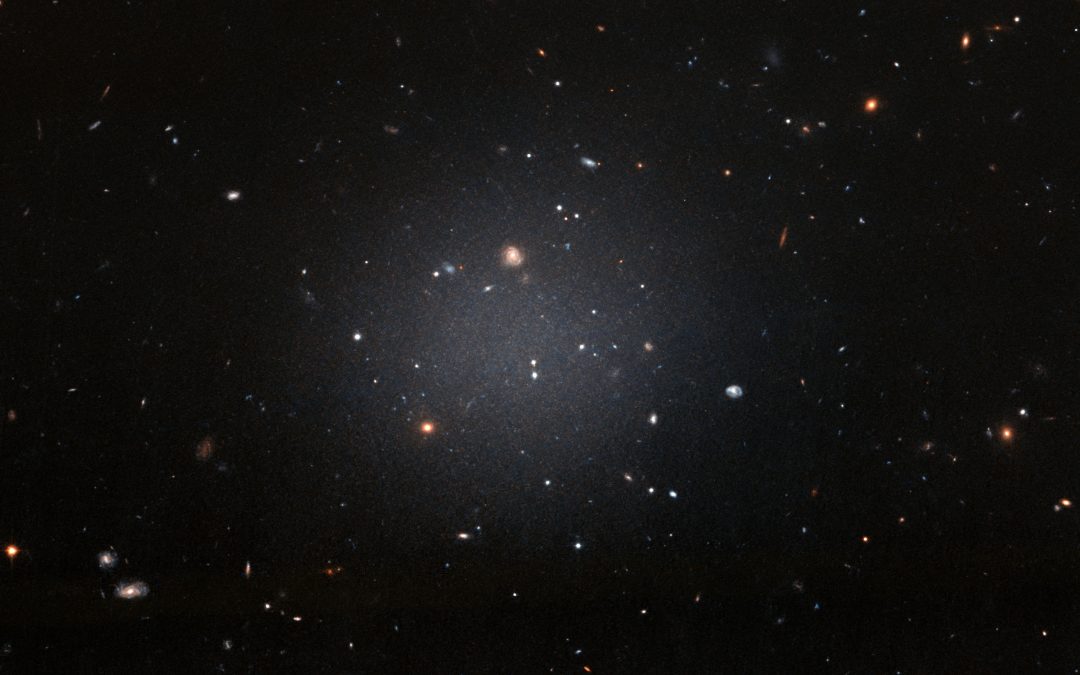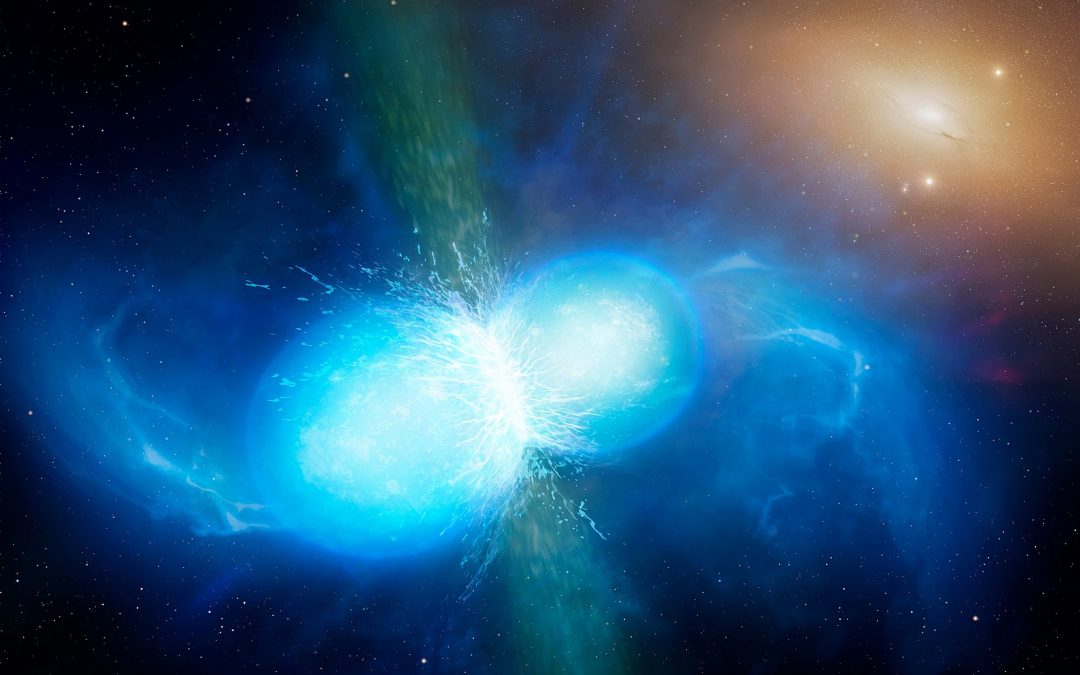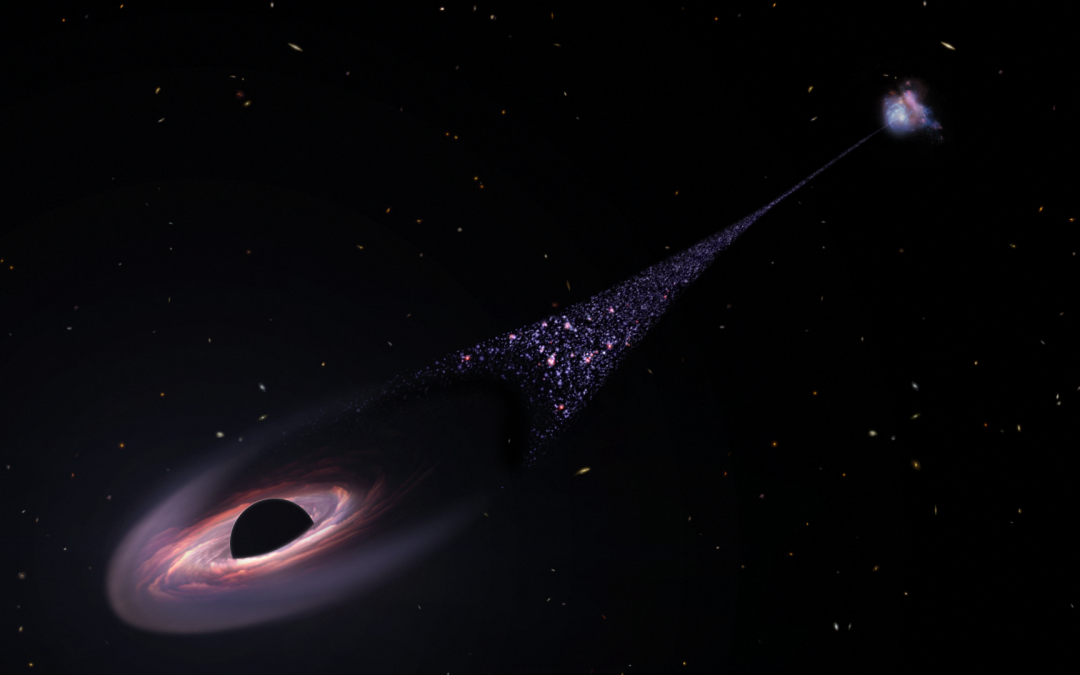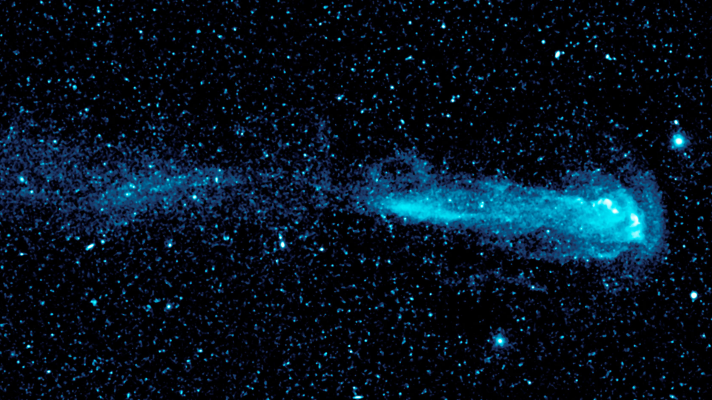Astronomers first noticed the strange behaviors of rotating galaxies almost 100 years ago, suggesting there’s an invisible dark matter hold them together with gravity. Or maybe we just don’t understand how gravity works at the largest scales. Observations are much better now, and astronomers have found examples of galaxies that almost entirely made of dark matter. Does this tell us anything?











